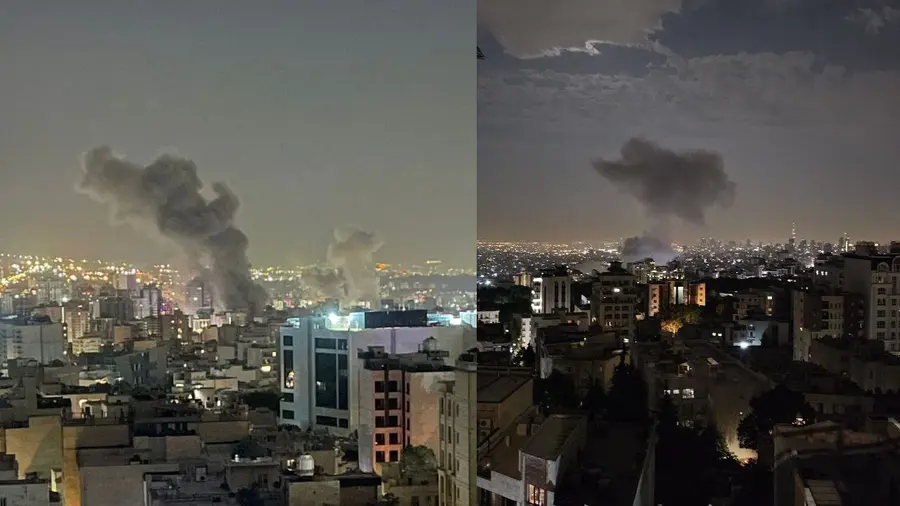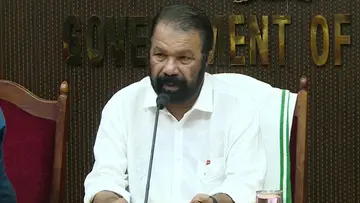Israel Continues Airstrikes on Iran; Global Fears Mount Amid Escalating Conflict


Web desk
Published on Jun 15, 2025, 01:57 PM | 3 min read
Dubai: Israel launched a third consecutive day of airstrikes on Iranian territory on Sunday, intensifying an unprecedented cross-border escalation with deep regional and global implications. The attacks reportedly bypassed Iran's air defenses, striking critical infrastructure in Tehran and beyond, including gas installations and nuclear facilities, raising alarms over long-term regional stability and the potential for global economic shocks.
The Israeli assault began with a surprise bombardment on Friday that killed senior Iranian military officers and nuclear scientists. It continued through the weekend with targeted attacks on the Iranian Defence Ministry, nuclear research sites in Natanz and Isfahan, and oil and gas facilities, signalling a broader intent to cripple Iran's strategic capabilities.
Planned diplomatic talks on Iran’s nuclear programme, a possible off-ramp to hostilities, have been scrapped. Oman confirmed that a sixth round of indirect US- Iran talks was cancelled following the attacks. Iran called such negotiations “unjustifiable” in light of what it sees as Washington’s tacit approval of Israel’s actions.
The United States, while claiming non-involvement, has extended full political backing to Israel. Former President Donald Trump openly supported the Israeli campaign and warned Tehran against retaliating, threatening “a response at levels never seen before”, a rhetoric that risks pouring fuel on the fire rather than encouraging de-escalation.
Mounting Casualties on Both Sides
At least 78 Iranians were reported killed, and over 320 wounded, according to Iran’s UN ambassador. In Israel, retaliatory missile strikes by Iran claimed at least 10 lives, including two children, and wounded nearly 200. Residential buildings in Bat Yam and Tamra were among the hardest hit.
Despite its multi-layered missile defense systems, Israel failed to intercept several Iranian projectiles, resulting in significant damage and raising questions about the system’s effectiveness in a prolonged war scenario.
Targeting Iran’s Nuclear and Energy Capabilities
Strikes on the South Pars gas field and damage to key nuclear sites point to a calculated Israeli effort to disable Iran’s long-term capabilities. Satellite imagery confirmed widespread destruction at Natanz, including buildings critical to power supply for uranium enrichment. The Isfahan facility also suffered severe damage to four "critical buildings," according to the IAEA, although no radiation leaks have been reported.
An Israeli official claimed the attacks delayed Iran’s nuclear programme by "more than a few weeks," asserting that Isfahan had been engaged in military-grade uranium production, a claim Iran has consistently denied.
Global Outcry and Warnings of a Prolonged Conflict
China warned that Israel’s strikes set a “dangerous precedent” by targeting nuclear infrastructure, a sentiment echoed by multiple world leaders who called for urgent de-escalation. Nonetheless, Israeli Prime Minister Benjamin Netanyahu defiantly dismissed international concerns, vowing that the “real response” was yet to come.
Iran, for its part, reiterated that its nuclear programme remains peaceful and blamed the US for emboldening Israeli aggression. As diplomatic channels collapse and military tensions spiral, fears are mounting that the region may be sliding toward a broader and bloodier conflict—with devastating consequences for civilians and global energy markets alike.










0 comments